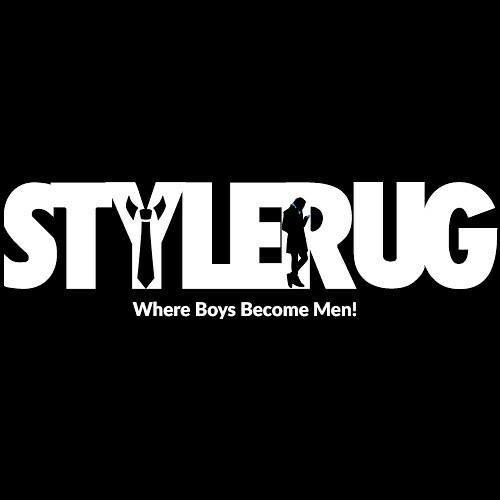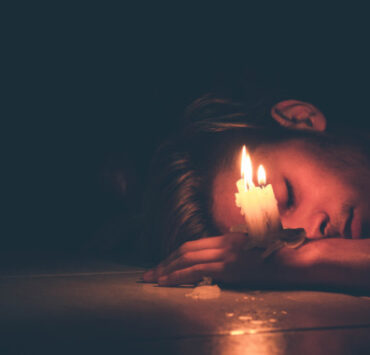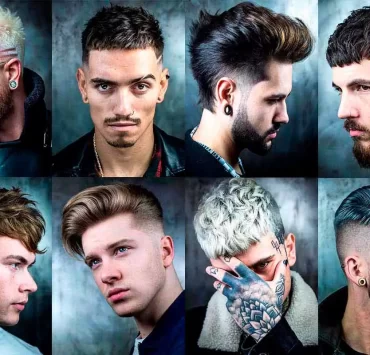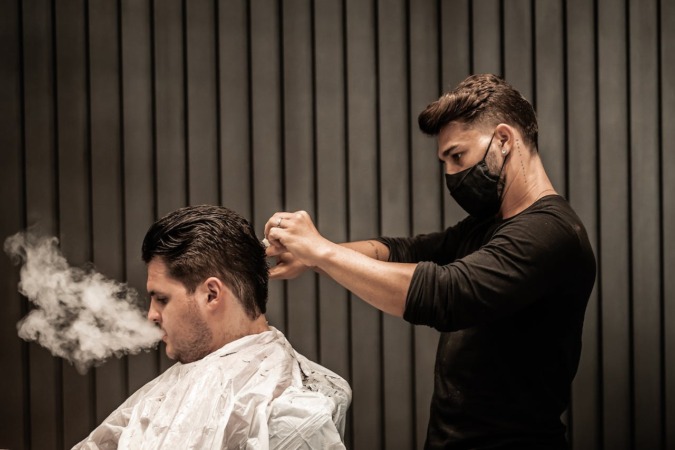
After getting a fresh haircut, it’s essential to adopt a post-haircut care routine to maintain your style and keep your locks healthy. Whether you’ve opted for a trendy new hairstyle or a classic cut, here’s a comprehensive guide on the things to take care of after a haircut to ensure your mane stays in top-notch condition.
Table of Contents
1. Post Hair Cutting Cut Inspection
After leaving the salon or barber shop, take a moment to inspect your new haircut. Ensure that it aligns with your expectations and discuss any concerns immediately with your stylist to address them promptly.
2. Cleanse and Hydrate Post Hair Cutting
Wash your hair to remove any loose hairs and styling products used during the cut. Use a mild shampoo and conditioner suitable for your hair type to keep it clean and hydrated.
3. Follow Styling Instructions Post Hair Cutting
Listen to your stylist’s advice on how to style your new haircut. They may recommend specific products or techniques to achieve the desired look. Following these instructions will help maintain the style for a more extended period.
4. Maintain Regular Trims
Schedule follow-up appointments for regular trims to keep your haircut looking fresh. Regular trims prevent split ends and help maintain the shape of your hairstyle.
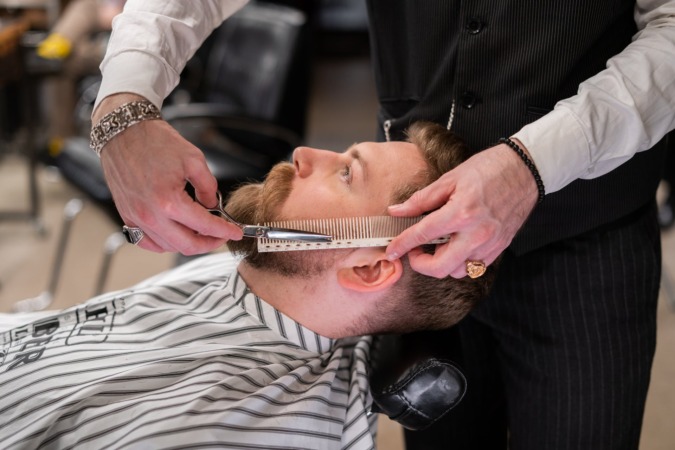
5. Protect Your Hair from the Elements Post Hair Cutting
Depending on the weather, protect your hair from extreme conditions. Use a hat or scarf in harsh sunlight or cold weather to prevent damage from UV rays or excessive dryness.
6. Adjust Your Haircare Routine Post Hair Cutting
Your hair’s needs may change after hair cutting. Adjust your haircare routine accordingly. If you’ve opted for a shorter style, you might need less product and a different styling approach.
7. Avoid Heat Damage
If you regularly use heat styling tools, be cautious post hair cutting. Newly cut hair is more susceptible to damage, so use heat protectant sprays and lower heat settings to prevent unnecessary stress on your strands.
8. Hydrate from Within
Maintain a healthy diet and stay hydrated to promote overall hair health. A well-balanced diet contributes to shiny, vibrant hair, and drinking enough water helps keep your scalp moisturized.

9. Protective Hairstyles for Bedtime
Consider adopting a protective hairstyle, such as braids or a loose bun, before bedtime. This helps prevent friction and tangling, reducing the risk of breakage while you sleep.
10. Be Patient with Styling Changes
It may take a few days for you to become accustomed to styling your new haircut. Be patient, experiment with different techniques, and don’t hesitate to ask your stylist for additional styling tips.
Summary
Taking care of your hair after a haircut is essential for maintaining your style and ensuring the health of your strands. By following these post-haircut care tips, you’ll keep your locks looking fabulous and feeling healthy. Remember, consistency is key, so make these practices a part of your regular haircare routine for long-lasting results.
Frequently Asked Questions: Hair Care Tips for Men
Q1: How often should I wash my hair? A1: The frequency of hair washing depends on your hair type. Generally, washing 2-3 times a week is sufficient for most men. If you have oily hair, you might need to wash more frequently, while those with dry hair can go longer between washes.
Q2: What type of shampoo and conditioner should I use? A2: Choose a shampoo and conditioner based on your hair type and specific needs. For oily hair, opt for a clarifying shampoo; for dry hair, choose a moisturizing formula. Experiment to find the products that work best for you.
Q3: Is it essential to use a separate conditioner? A3: Yes, using a conditioner is crucial. It helps to moisturize and detangle your hair, making it more manageable. Apply conditioner primarily to the ends of your hair, avoiding the scalp if you have oily hair.
Q4: How can I prevent dandruff? A4: Maintain a clean scalp by regularly washing your hair. If you have dandruff, consider using an anti-dandruff shampoo with ingredients like tea tree oil or salicylic acid. Also, avoid excessive use of styling products and maintain good overall hygiene.
Q5: Is it necessary to get regular haircuts? A5: Regular haircuts are essential for maintaining healthy hair. Aim for a trim every 4-6 weeks to prevent split ends and keep your hairstyle looking fresh. Even if you’re growing your hair out, occasional trims promote healthier growth.
Q6: How can I protect my hair from heat damage? A6: Use heat protectant products before using styling tools like hairdryers, straighteners, or curling irons. Additionally, avoid using high heat settings and limit the frequency of heat styling to prevent damage.
Q7: Can diet affect the health of my hair? A7: Absolutely. A balanced diet rich in vitamins and minerals, particularly biotin, vitamins A and E, and omega-3 fatty acids, promotes healthy hair growth. Stay hydrated, and consider incorporating foods like fish, nuts, and leafy greens into your diet.
Q8: What’s the best way to deal with thinning hair or hair loss? A8: Consult with a healthcare professional or a dermatologist for personalized advice. In general, using a mild shampoo, avoiding tight hairstyles, and adopting a healthy lifestyle can contribute to maintaining the health of your hair.
Q9: Are there specific products for different hair types? A9: Yes, many products are formulated for specific hair types. Look for labels indicating suitability for oily, dry, or normal hair. Experiment with different products to find what works best for your hair.
Q10: How can I add volume to my hair? A10: Use volumizing shampoos and conditioners. Additionally, styling products like mousses or sea salt sprays can add texture and volume. Blow-drying your hair upside down can also create lift.
Remember, individual hair care needs may vary, so it’s essential to tailor your routine based on your specific hair type and concerns. If you have persistent issues, consider seeking advice from a professional stylist or dermatologist.
What's Your Reaction?
One of my friends once said, I am in love with words and a zoned out poser... well, I will keep it the way it has been said! Besides that you can call me a compulsive poet, wanna-be painter and an amateur photographer

